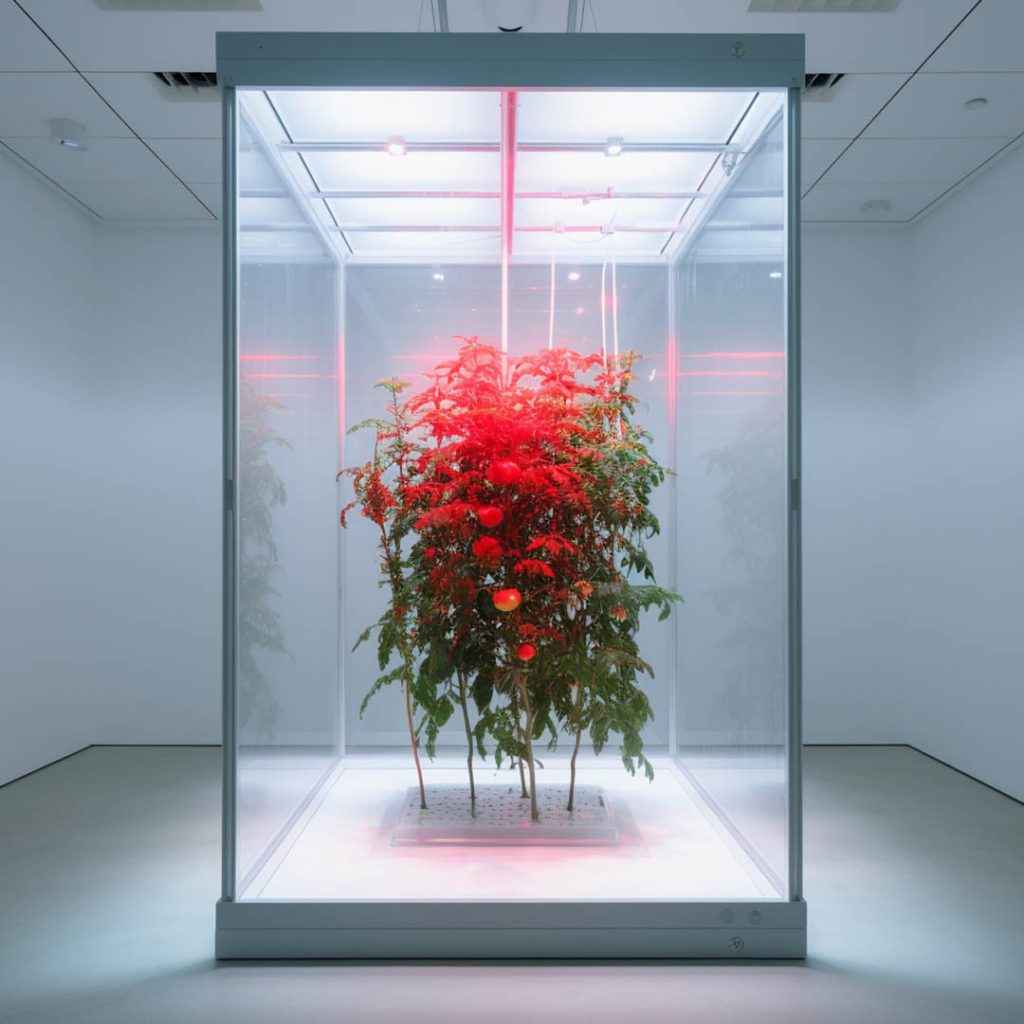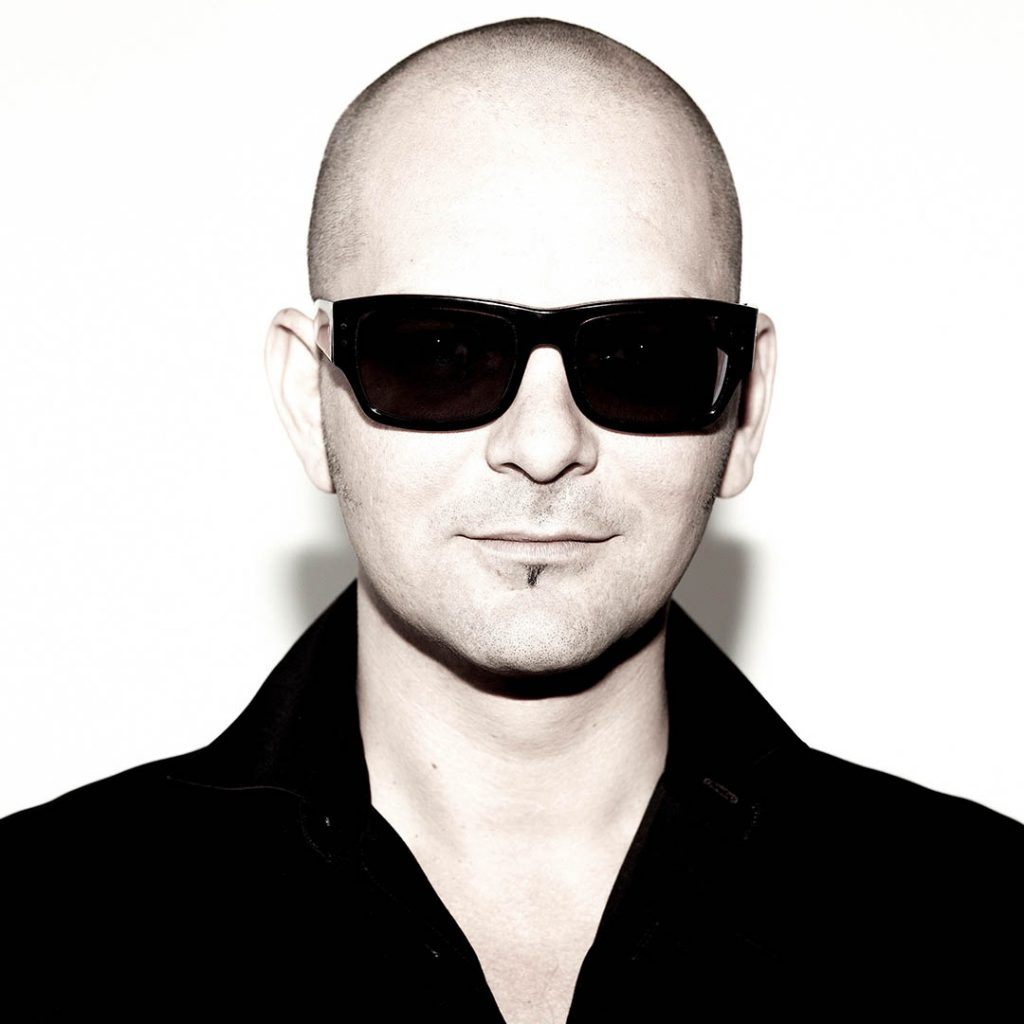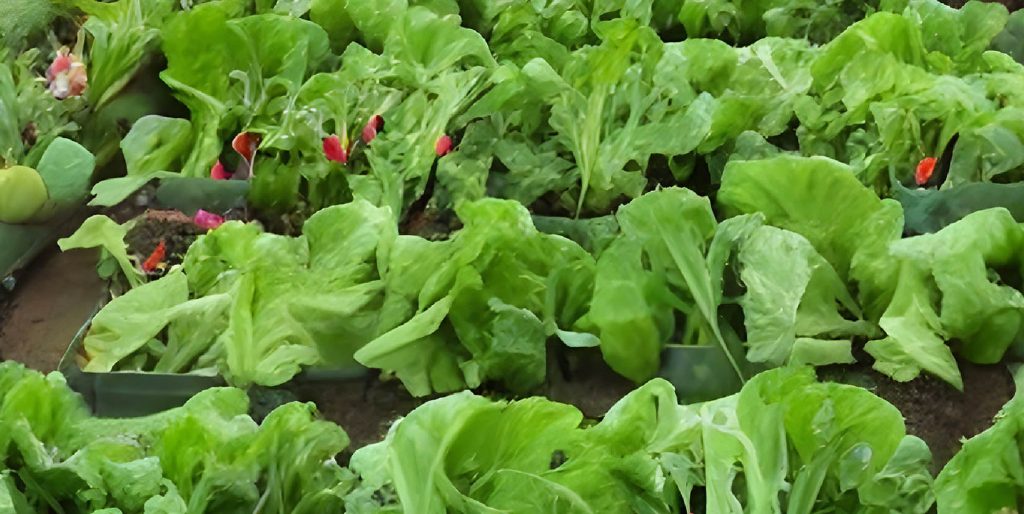HUNGRY ECOCITIES > Humanizing Technology Experiments

SYMbiosis.ai
This project envisions a post-agrarian data-driven infrastructure that utilizes AI and blockchain to sense, monitor, visualize, and enhance ecological performance. Focused on understanding plant stress in times of climate change, it aims to foster resilience in natural systems.
DIRECTION OF EXPERIMENTATION
City+farming Synergies
TECH TAGS
#smart contracts #DAO #sensors #IoT #UV analytics #generative AI
TEAM
Frederik De Wilde + Carlo Ratti Associati + Mendel University in Brno + In4Art
PROJECT SUMMARY
Symbiosis.AI explores plant stress within a controlled environment while fostering data driven interactions among plants, human, and technology from a holistic, ontological and artistic perspective; as well as to increase and expand the value chain through systems engineering and digital technologies. Plant stress effects, and their dichotomic implications for plant health and plant value, on a molecular level are investigated with the aim to find unexpected molecular beneficial ‘mutations’ under pressure.
The primary objectives of this experiment encompass the collection and visualisation of plant stress related molecular effect data and exploring the activation of it. Furthermore, this project integrates an artistic dimension that seeks to challenge conventional perspectives on the natural environment, particularly in the context of climate change. By exploring induced phenotype expression through plant stress, we aim to discover unexpected, interesting and useful outcomes from what is typically regarded as a negative phenomenon. The result can impact industries beyond agriculture, like cosmetics and the medicinal. The experiment aims to stimulate a paradigm shift in our perception of the natural environment in the era of climate change by investigating induced phenotype expression through plant stress. This exploration will raise questions such as: Can stress be a functional controllable property in closed environments? Can the byproducts of stress on plants and vegetation be harnessed for usefulness? Will (plant) stress only increase in times of climate change? What are the results and impacts of mutations under pressure in controlled environments and nature? What is the useful role of AI, big data, IoT, blockchain technologies and gamify in this context. How can art be a catalyst for innovation and critical thinking to drive a better, and more sustainable, future? The main objectives of this project can be summarized as follows:
● Collection of Plant Stress Data: This involves gathering comprehensive plant stress data, which will be procured in collaboration with Mendel University Brno. The “stress exposed” plant becomes an indicator plant for different types of plant stress, and potentially a ‘Ground truth’ for AI or embodied data to start developing a digital twin. In addition, a small low-cost plant stress room will be made in close collaboration with Mendel University Brno.
Note: additional third parties data can potentially be used for testing purposes.
The project envisions, in addition, the development of a real time multimodal sensor setup base (phase 2), but this development will not be feasible within the time and scope of this experiment.
● Visualisation of Plant Stress Data: To develop a visualisation PoC tool by the means of digital prototype to present the collected plant stress data procured from Mendel University Brno. A Multi-Spectral Dynamic Imaging camera input will be integrated to add a real time and visual element.
● Activation of Plant Stress Data: To explore the activation of plant stress data using blockchain technology.
The speculations arising from this project have the potential to yield significant outcomes, including:
● Technological Advancements: This research may lead to the development of new technologies, methodologies, infrastructures and business models in controlled farming environments, thereby driving societal, environmental, and economic impact. New (speculative) tools, and services may emerge that extend the shelf life of natural food products in retail and open up new markets. For example, a specially designed phenotype incubator room for retail that uses stress as a tuneable property.
● Interdisciplinary Art science Fields: The research could give rise to new interdisciplinary fields that explore plant stress in various environments, providing new avenues to study biological byproducts of plant stress, such as salicylic acid (commonly known as aspirin). More molecules are likely to be discovered.
In conclusion, this project offers a unique opportunity to explore plant stress from multiple perspectives, leveraging cutting-edge technology and innovative thinking. We believe that the outcomes of this endeavor have the potential to revolutionize how we perceive and interact with the natural world while driving advancements in technology and interdisciplinary research.

ARTIST
Frederik De Wilde
Frederik De Wilde (BE – 1975) is a multi-awarded artist. He studied fine arts, media arts and philosophy. His artistic praxis situates itself on the interstice of art-science-technology and design exploring notions of the inaudible, intangible and intangible. His art is grounded in the interaction between complex systems rooted in dark ecologies and invisible territories. De Wilde critically examines the radical shifts technology imposes on society and our “environment” which he explores sometimes on the side of the technological, often in the conceptual, perceptual,
sensorial and human register. Ultimately I seek to (re-)connect our humanness -which requires a symbolic rewiring-while making us excited for the future and the unknown.
An excellent example is the conceptualisation of the pioneering original Blackest-Black (a new nano engineered colour for a new industrial revolution exploring the nature of nothingness) made in collaboration with Rice University and NASA. The project received the 2010 Ars Electronica Next Idea Award and the Best European
Collaboration Award between an artist and scientist. The project was extensively covered (e.g. Huffington Post, Dazzed, Creators Project, TED ideas worth spreading, Creativity World Forum 2011, and inspired many other artists worldwide; most notably Sir Anish Kapoor (Vantablack).
De Wilde has exhibited at notable places like (selection) BOZAR museum of fine arts (Belgium), Brakke Grond (Netherlands), ZKM (Germany), Carnegie Museum of Arts (USA), Venice Biennial 2017 (Italy), MuST museum (Italy), MetaMorf Biennial (Norway), National Museum of the 21st Century (Italy), Kunsthal Amersfoort (Netherlands), Art
Basel (Switzerland), Tetem (Netherlands), Todays Art (Netherlands), Z33 (Belgium), Scopitone (France), Singapore Art Science Museum (Singapore), MAAT museum (Portugal), Whitechapel Gallery (UK), Carroll/Fletcher gallery (UK), Centre Pompidou (France), National Gallery Singapore (Singapore), Vasarelly Foundation (France), Gulbenkian Museum (Portugal), Moody Center for The Arts Houston (USA), SIGGRAPH (USA), iMAL (Belgium) and the prestigious Monte-Carlo Global Ocean Gala (Monaco) organised by Prince Albert II, Onassis Foundation (Greece, USA), Onassis Stegi Foundation, …
De Wilde’s art is in the permanent collection of the ZKM (Germany), Frost Museum (USA, Miami), CHOPARD foundation (Switzerland), …
Frederik is a laureate and alumni of Royal Flemish Young Academy of Belgium for Science and the Arts; artscience expert at the JRC EU; former guest professor at the Artscience Interfaculty in Den Hague, Transmedia Brussels, St. Martins College London. Frederik is an innovation consultant, evaluator and jury member of Innovative Partnerships for the Flemish Ministry.
De Wilde is a finalist of ‘Giant Steps’ which aims to bring an artist to the Moon supported by x-prize lab MIT; finalist of the ZKM app art award with Coremites, and was Nominated for the Chinese 2019 “Present Future” Art & Technology Star Award.
Frederik collaborated with the Karlsruhe Institute of Technology, the University of Leuven (Prometheus, division of Skeletal Tissue Engineering), Hasselt University (I-BioStat), UGent (Textile Department), Wyoming University, …, and many other organisations (e.g. ESTEC, NASA) worldwide.
He published several essays and papers e.g. “Artistic Approaches to Design and Manufacturing Techniques Dedicated to Space Applications” for MIT press, “The Art of Ethics in the Information Society: Mind You” for Chicago University and Amsterdam University Press.
Frederik currently holds a position as affiliated artist at the University of West-England in the The Unconventional Computing Laboratory founded by Prof Andy Adamatzky in 2001 as a response to an urgent need to develop computers for next century (https://uncomp.uwe.ac.uk/people/) and exploring complex dynamics of non-lineair systems.
In 2021 he was featured in three episodes of EPISODE 8: Privacy_PART 1: Whose Data Is It? | Out of Reach? ART+TECHNOLOGY brought to you by Hyundai Motor Company and produced in partnership with Bloomberg Media Group.
